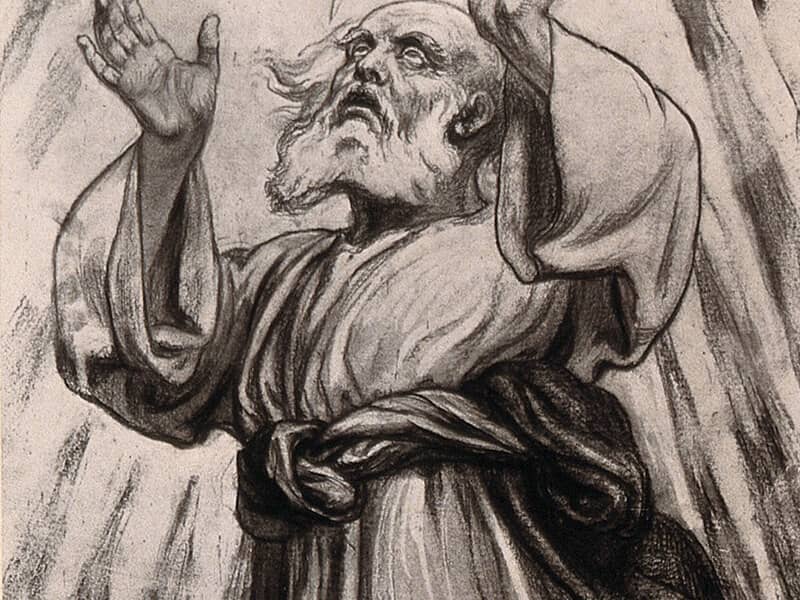From the beginning of Elul to Hoshana Rabbah, the seventh day of Sukkot, we're asked to engage in introspection, to do teshuva, a turning, a return. It's a long period of self-examination and self-transformation, and it gives me a chance not only to change my behavior, but also my thought process.
Prayer has the capacity to transform. After praying, I'm no longer the same person I was when I began. I've changed myself, even if in some small way. For me, prayer is mostly about what I don't know. It helps me to look in those places I try to avoid; it helps me be more comfortable in them, and to work on what I find there.
Yom Kippur is a day without work, without food and drink, and other mundane distractions. I'm inside a cocoon where I can more easily find the courage to face the things I don't know, face my doubts, my fears, my hopes, and all the other ideas and thoughts that swirl around in my head. I try to keep the prayers of the day with me throughout the year, to remember them as the intensity of the High Holiday season inevitably wears off.
Like prayer, poetry also has the capacity to transform. The poet John Keats wrote of negative capability, the state "when man is capable of being in uncertainties, mysteries, doubts, without any irritable reaching after fact and reason." Perhaps that's why prayer and poetry have so much in common.
It's difficult to be in a place of uncertainty and mystery. Okay, it's truly terrifying, which is why prayer is so difficult--why it's hard for me, and probably why I need a day like Yom Kippur to force me to face it. I don't have to worry about any of the myriad excuses that keep me from truly facing prayer as well as I should.
Poetry can give us a sense of wonder and amazement, as well as transform us. Some poems won't let you be the same person you were after you've finished reading or writing them.
I try to let my work show wonder and amazement, and strive to write poems that can transform me, as well as the reader. I also try to write about things I don't know, to let that be okay, and even more so, to let that be good, to face and let go of fear, to be uncertain because uncertainty is where I'm going to spend most of my life. The certainty of uncertainty.
I write about fear, how it can affect every part of my life, how the heart closes up in anticipation to protect itself. I write about things that happened to me as a girl and how all these years later they still are lurking in my head. I write about confronting the death of my father's sister during the Holocaust, how she never got to be my aunt, and how I wish she could have had a wedding and how I give her one. And finally, I write about Ilan Ramon, Israel's first astronaut to go into space, a man whose homecoming wasn't how we imagined it.
Prayer is how I work on myself. Poetry is how I express myself; it's what I have to do. Both of them help me as I go through this period of teshuva, and through the other days of the year, as I turn toward change and continue to explore what I don't know.

